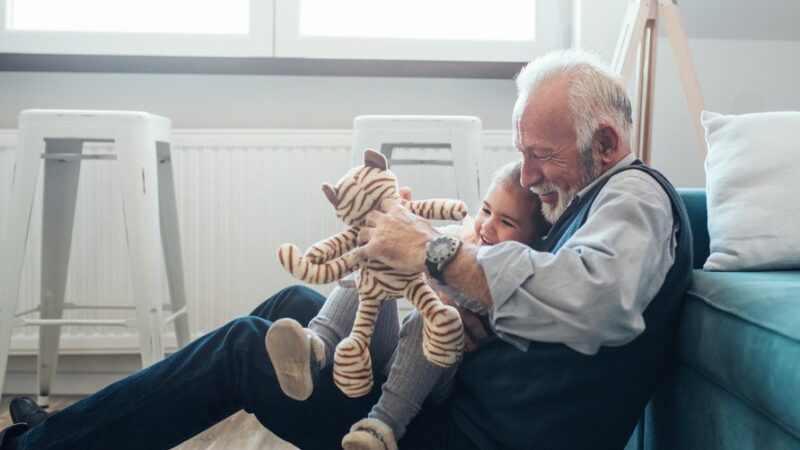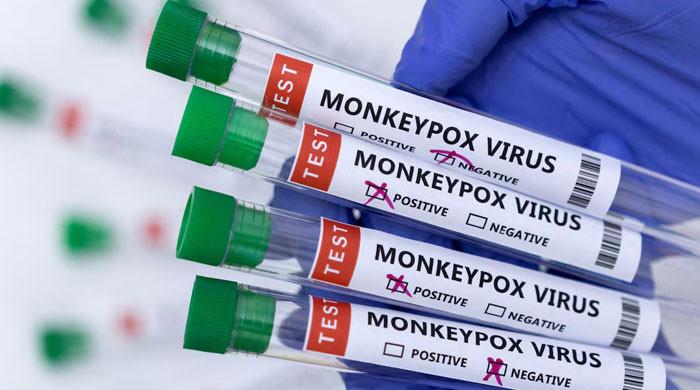Dispelling Cancer Myths: Fostering Understanding and Compassionate Care

Cancer, a formidable adversary affecting numerous lives, often remains obscured by myths and misunderstandings. However, debunking these misconceptions is crucial for fostering understanding, support, and empowerment in the face of this relentless disease. Equipping ourselves with accurate information allows us to dispel these misconceptions, promoting a more informed and compassionate approach to cancer prevention and care.
In an interview with HT Lifestyle, Dr. Parikshith Jayaprakash, a medical oncologist at Sunrise Oncology Centre, addressed several prevalent myths associated with cancer. One common misconception is the belief that a cancer diagnosis inevitably leads to death. However, advancements in medical technology and treatment options have significantly improved survival rates and quality of life for many patients. Early detection, coupled with comprehensive care and support systems, plays a vital role in navigating life beyond cancer.
Another myth debunked by Dr. Jayaprakash is the notion that lung cancer exclusively affects smokers. While smoking remains a primary risk factor, non-smokers are also susceptible to the disease due to factors such as second-hand smoke exposure, environmental toxins, and genetic predispositions. By recognising these complexities, we can develop more inclusive prevention and treatment strategies.
Additionally, Dr. Jayaprakash addressed the misconception that cancer is contagious, emphasising that it is not transmitted through casual contact or shared utensils like the common cold. Understanding this fact is crucial to eradicating the stigma surrounding cancer patients.
Dr. Mandeep Singh Malhotra, Director of Surgical Oncology at CK Birla Hospital® in Delhi, expanded on these discussions by addressing misconceptions related to cancer treatments. One such myth is the belief that surgery is always mutilating and should be avoided at all costs. However, advancements in surgical technology have significantly reduced the invasiveness of many procedures, offering less-invasive options with comparable outcomes.
Another myth tackled by Dr. Malhotra is the idea that traditional medicine, such as Ayurveda, can replace conventional cancer treatments like chemotherapy and surgery. While traditional medicine may complement conventional treatments in managing side effects and improving overall well-being, it cannot replace established cancer therapies.
It is essential to consult qualified healthcare professionals to understand treatment options and dispel any myths or misconceptions surrounding cancer. By addressing these misconceptions, we can foster a more supportive and informed approach to cancer care.






